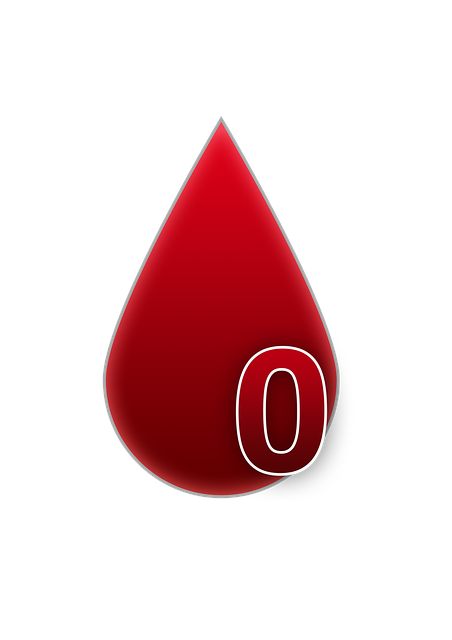A Testosterone Blood Test UK is a simple yet crucial step for understanding hormone levels, impacting overall health from reproductive wellness to energy and bone density. This procedure is a key diagnostic tool for vitamin B12 deficiency too, with results below 115-130 pg/mL indicating a need for action. While treatment options range widely based on severity, consulting a healthcare professional is essential for accurate interpretation and personalized care, as both testosterone and vitamin B12 play vital roles in maintaining balanced health.
“Unraveling Vitamin B12 Deficiency through Blood Tests: A Comprehensive Guide”
Vitamin B12 deficiency is a growing concern, affecting individuals across the UK. Understanding its symptoms and causes is pivotal. This guide explores how blood tests play a crucial role in diagnosing this deficiency, with a focus on interpreting results accurately.
From identifying subtle signs to determining next steps, we demystify the process. Whether you’re considering a testosterone blood test or screening for B12, this article offers valuable insights to ensure informed decisions for optimal health.”
- Understanding Vitamin B12 Deficiency: Symptoms and Causes
- The Role of Blood Tests in Diagnosing Deficiency
- Interpreting Results and Next Steps After a Vitamin B12 Blood Test
Understanding Vitamin B12 Deficiency: Symptoms and Causes
The Role of Blood Tests in Diagnosing Deficiency
Blood tests play a crucial role in diagnosing vitamin B12 deficiency, providing essential insights into an individual’s nutritional status. In the UK, testosterone blood tests are often used as part of this diagnostic process, as low levels of B12 can impact overall health and hormone production. These tests measure the concentration of vitamin B12 in the bloodstream, offering a direct indication of its presence or absence.
By comparing results against established reference ranges, healthcare professionals can identify whether a person has a deficiency. This method ensures accurate diagnosis and enables effective treatment planning. Early detection through blood tests is vital, as timely intervention can prevent further complications associated with prolonged B12 deficiency.
Interpreting Results and Next Steps After a Vitamin B12 Blood Test
After your vitamin B12 blood test, the results will provide valuable insights into your deficiency status. The reference range for vitamin B12 levels can vary slightly between labs, but typically, a level below 115-130 pg/mL (picograms per milliliter) is considered deficient. If your result falls within this range, further action is required to address the deficiency.
The next steps depend on the severity of the deficiency. Mild deficiencies might be managed with dietary adjustments and supplements, while more severe cases may necessitate intramuscular injections or oral medications. It’s advisable to consult a healthcare professional who can interpret your results accurately and recommend appropriate treatment options tailored to your individual needs, particularly considering the importance of vitamin B12 for various bodily functions, including energy production and neurological health, similar to how testosterone blood tests UK help assess hormonal balance.
Vitamin B12 deficiency, often overlooked, can significantly impact overall health. Blood tests play a crucial role in identifying this condition, especially as many symptoms overlap with other health issues. If you reside in the UK and suspect a potential deficiency, consulting a healthcare professional for a testosterone blood test and appropriate guidance is recommended. Understanding your results and taking timely action can lead to effective management and improved well-being.
